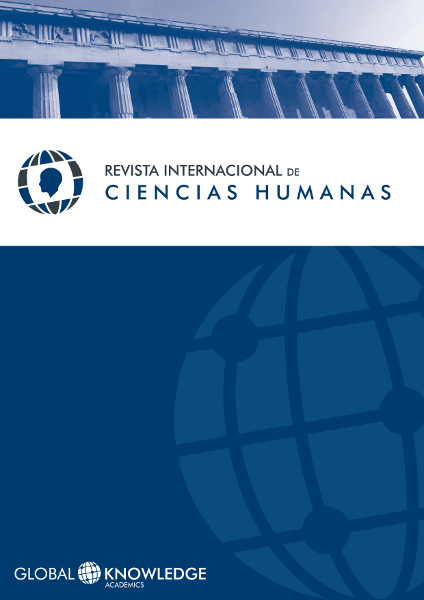Building Bridges 2.0 Between the History and the Maritime Heritage and the Virtual Users: The Blog and the Facebook Profile of the Naval History Chair
DOI:
https://doi.org/10.37467/gka-revhuman.v5.327Keywords:
History, Naval and Maritime Heritage, Dissemination, Blog, Facebook, Pinake, Naval History Chair, Digital HumanitiesAbstract
The Naval History Chair, driven by the Spanish Navy and the University of Murcia, it has among its objectives to investigate and disseminate the History and the Naval and Maritime Heritage. In order to bring scientific knowledge and information about these themes to the user, our institution not only uses the classic communication channels such as articles and monographs, among others, but, in its commitment to the Digital Humanities, it makes a proactive use of a blog and a social networks profiles which, apparently, make us contact effectively with the virtual reader. In order that we continue improving, through this work, we analyze what issues have aroused greater interest among the readers of our social tolos, through the study of the publications of our blog and the reflection of these in our Facebook page. The answer will help us to better understand the interests and information needs of the users, as a result, we´ll can further devolpt the digital bridges that we have layed between the and the History and the Naval and Maritime Heritage.
References
Dacos, M. (2011). Manifiesto por unas Humanidades Digitales. Thatcamp. User generated “uncoference” on digital humanities [en línea]. [Consulta: 15-12-2012]. Disponible en
<http://tcp.hypotheses.org/487>.
Galina-Russell, I. (2011). ¿Qué son las Humanidades Digitales? Revista Digital Universitaria [en línea], 12(7). [Consulta: 15-12-2012]. Disponible en: <http://www.revista.unam.mx/vol.12/num7/art68/>.
Leibrandt, I. (2006). Humanidades digitales, ¿ciencia ficción o realidad inminente?. Espéculo. Revista de estudios literarios [en línea], (33). [Consulta: 15-12-2012]. Disponible en: <http://www.ucm.es/info/especulo/numero33/humadigi.html>.
Presner, T. (2009). Digital Humanities Manifesto 2.0 Launched. Digital Humanities [en línea]. [Consulta: 15-12-2012]. Disponible en <http://www.toddpresner.com/?p=7>.
Rodríguez Yunta, L. (2012). Las Humanidades Digitales, ¿una mera etiqueta o un campo por el que deben apostar las Ciencias de la Documentación? Notas ThinkEPI, 2013 [en línea]. [Consulta: 15-12-2012]. Disponible en: <http://goo.gl/irL16R>.
Siemenes, L. et al. (2011). A tale of two cities: implications of the similarities and differences in collaborative approaches within the digital libraries and digital humanities communities. Literary and linguistic computing [en línea], 26(3), 335-348. Disponible en: <http://dx.doi.org/10.1093/llc/fqr028>.
Svensson, P. (2010). The Landscape of Digital Humanities. Digital Humanities Quarterly [en línea], 4(1). [Consulta: 15-12-2012]. Disponible en: <http://digitalhumanities.org/dhq/vol/4/1/000080/000080.html>.
Downloads
Published
How to Cite
Issue
Section
License
Those authors who publish in this journal accept the following terms:
- Authors will keep the moral right of the work and they will transfer the commercial rights.
- After 1 year from publication, the work shall thereafter be open access online on our website, but will retain copyright.
- In the event that the authors wish to assign an Creative Commons (CC) license, they may request it by writing to publishing@eagora.org









